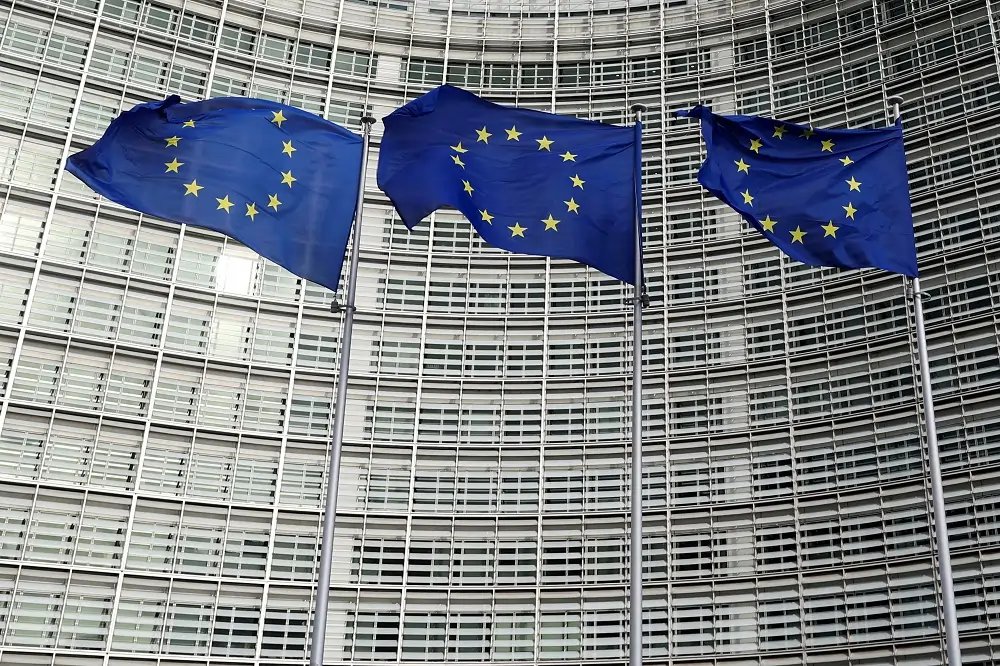EU auditors warn about worsening competition in public procurement
Published by Jessica Weisman-Pitts
Posted on December 4, 2023
2 min readLast updated: January 31, 2026

Published by Jessica Weisman-Pitts
Posted on December 4, 2023
2 min readLast updated: January 31, 2026

By Gabriela Baczynska
BRUSSELS (Reuters) – Competition in public procurement across the 27 European Union countries worsened over the last decade, the European Court of Auditors (ECA) said on Monday, with as much as 2 trillion euros ($2.2 trillion) at stake every year.
ECA said that while competitive public procurement was key to getting good value for taxpayers’ money, some 42% of all contracts awarded in 2021 went to single bidders.
“Between 2011 and 2021, fewer and fewer businesses competed to provide works, goods and services to public bodies, while the authorities often approached specific companies directly,” the ECA said in a report.
Auditors said problems included excessive administrative burdens, overly restrictive criteria and market concentration, adding that public procurement procedures got longer over the past decade and were tiresome vis-à-vis the private sector.
“The share of contracts awarded to SMEs did not go up either, and the lowest bidders still won a majority of contracts, showing that more strategic aspects (e.g. environmental, social and innovation) are rarely considered,” ECA said.
The report expressed concern about transparency of the procedures – a key safeguard against fraud and corruption – and little procurement between EU states. It said that some 14% of the bloc’s GDP was affected.
It said that, in 2021, Cyprus had the biggest share of direct awards of public contracts, single bidding was the highest in Slovenia, and France did the least procurement abroad.
In the past, EU executive citied risks related to weak public procurement among reasons to freeze Hungary out of handouts from the bloc. ($1 = 0.9190 euros)
(Reporting by Gabriela Baczynska; Editing by Alison Williams)
Explore more articles in the Top Stories category











